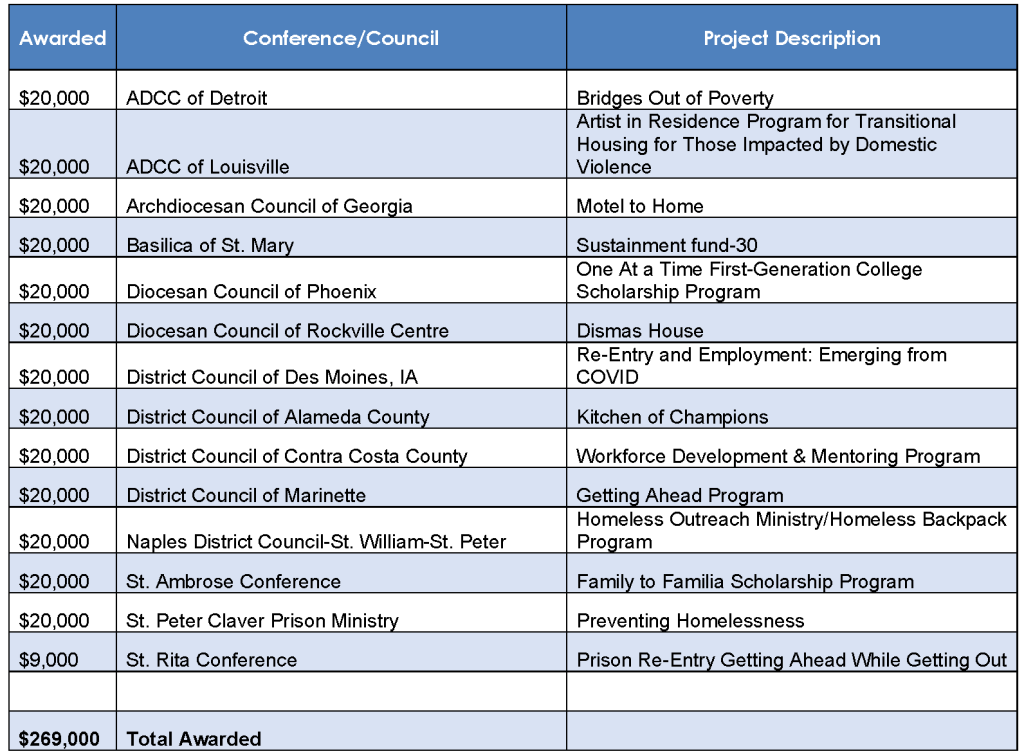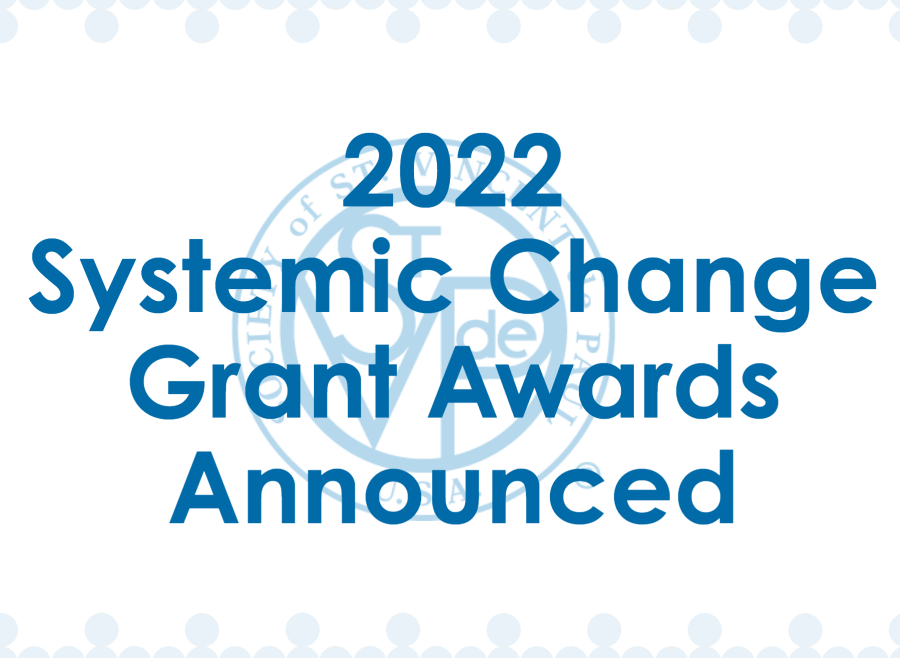Founded in 1991, SELECTiON.COM® is one of the Nation’s leading providers of pre-employment/volunteering screening services. We offer the largest network of in-house researchers, the fastest turnaround on criminal reports and unsurpassed customer service.
SUPERIOR CUSTOMER SERVICE
Our customer service team has an average of 7.5 years of experience with SELECTiON.COM®. They are all in-house and available via phone, email and Live Chat, from 8am – 8pm, Monday – Friday.
TIME-SAVING APPLICANT ENTRY
The SELECTiON.COM® Applicant Entry feature saves time, reduces errors and provides substantial financial savings. You can submit searches and retrieve results in one place. Reports are archived and easy to access for audits. Plus, we’ll help keep you FCRA compliant with the click of a button.
EASY INTEGRATIONS
Our in-house IT team at SELECTiON.COM® has already created integrations with VIRTUS® and we can integrate with most volunteer management systems at NO ADDITIONAL COST to you!
FAITH-BASED
SELECTiON.COM® is proud to be a faith-based background check company and currently work with over 120 Dioceses across the U.S.
VINCENTIANS EXCLUSIVES:
QUARTERLY WATCH®
Quarterly Watch® provides an extra layer of security by re-screening your volunteers and employees every three months through the largest criminal database in the United States. Our Search America® is THE standard in national criminal database searches, with over 1.3 BILLION records, from over 1,900 different sources. This database also contains sex offender registries, government watch lists, and correction records.




